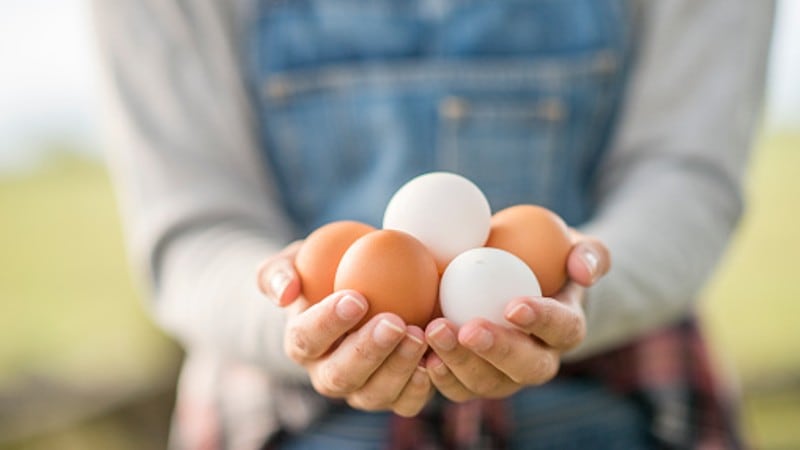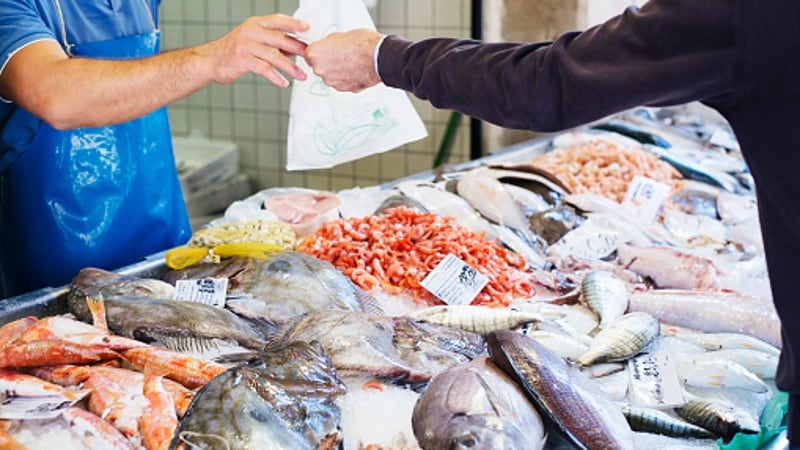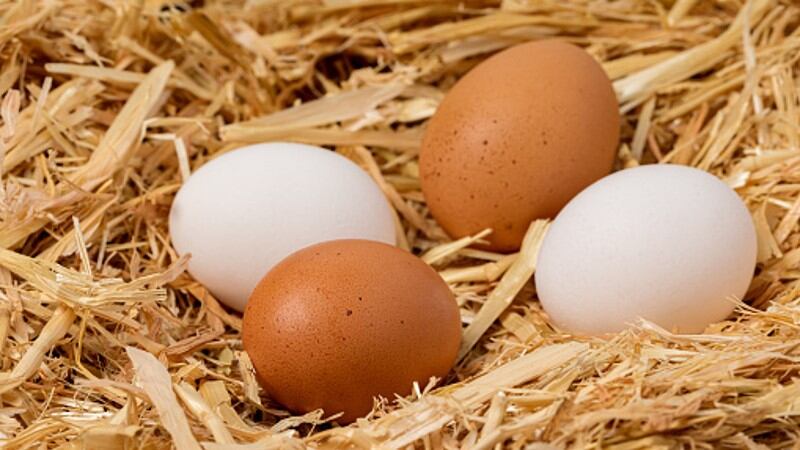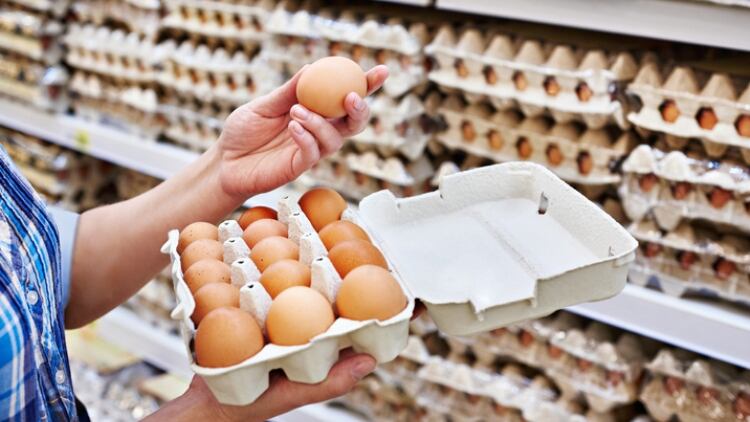Cage-free eggs laid by hens living in open indoor spaces often come at a premium, but have rarely been a priority for consumers in price-sensitive markets such as Malaysia.
However, new research data has revealed that the majority of Malaysian consumers believe that egg supply chains need to adhere to certain standards, even if not quite as many would be willing to pay that premium.
Furthermore, food manufacturers and retailers in the local industry are keen to make the switch in favour of meeting ESG commitments.
“A new survey conducted with GMO Research has found that an overwhelming 83% of Malaysian consumers believe that food companies should source their eggs from a supply chain that adheres to [suitable] standards],” Lever Foundation Sustainability Program Manager Vilosha Sivaraman said.
“In addition, over 60% of consumers are willing to pay more for these cage-free eggs if they are slightly more expensive than traditional caged eggs – and almost 60% also said they would be more inclined to patronise or purchase from food brands that source only cage-free eggs.
“[This is encouraging as] many food companies in Malaysia have already set timelines for 100% cage-free egg purchasing over the next few years – these include large manufacturers like Nestle Unilever as well as one of the country’s largest manufacturers AEON Malaysia.”
“The commitment from these companies, in addition to increasing consumer demand, means that there will be a need for increased cage-free production in the Malaysian market – we estimate based on current corporate commitments that this demand will increase by 395 million eggs yearly within the next few years.”
To cope with this increase in demand, Malaysia is looking to China in hopes of emulating the latter’s successful national cage-free eggs strategy, which has been received much support from government and industry.
“Many of China’s leading egg-producing companies have expanded or made the required transformations towards cage-free egg production, with some even going completely cage-free,” he added.
“This has all been in response to growing local corporate and consumer demands [similar to the situation] here in Malaysia, hence the aim is to learn from the Chinese eggs industry [and maximise learnings] about the growing market opportunity in cage-free eggs.”
Major players playing a role in China’s cage-free eggs movement include the Beijing Egg Industry Association as well as major Chinese food firms such as Ovodan Foods and Happy Eggs.
These players in collaboration with Lever Foundation and Malaysian protein production firms will engage in a preliminary discussion forum in May to discuss the potential of developing an industry-wide cage-free eggs strategy for Malaysia.
Global movement
The trend towards cage-free egg production has emerge largely due to calls for a more sustainable and humane food supply chain, meaning that increases in demands have been particularly rapid in markets prioritising these factors.
These include the European Union where 53% of all eggs are cage-free, the United States where this is 40%, and Australia with over 50% as well. This is in addition to consumer trends towards less animal protein consumption in these markets which includes a reduction in egg consumption.
Sustainability benefits aside, cage-free eggs have also been rising in demand in markets like China due to the perceived food safety benefits, particularly in connection with salmonella – That said, the jury is still out on whether cage-free eggs have lower salmonella contamination rates as no final conclusion has been drawn from various studies performed to investigate this.





